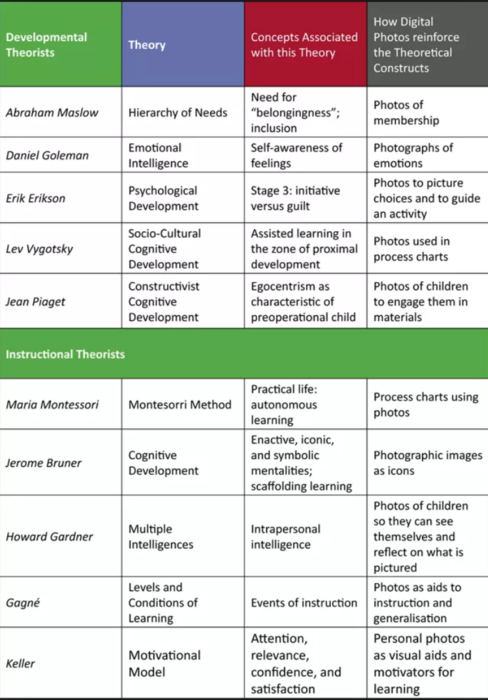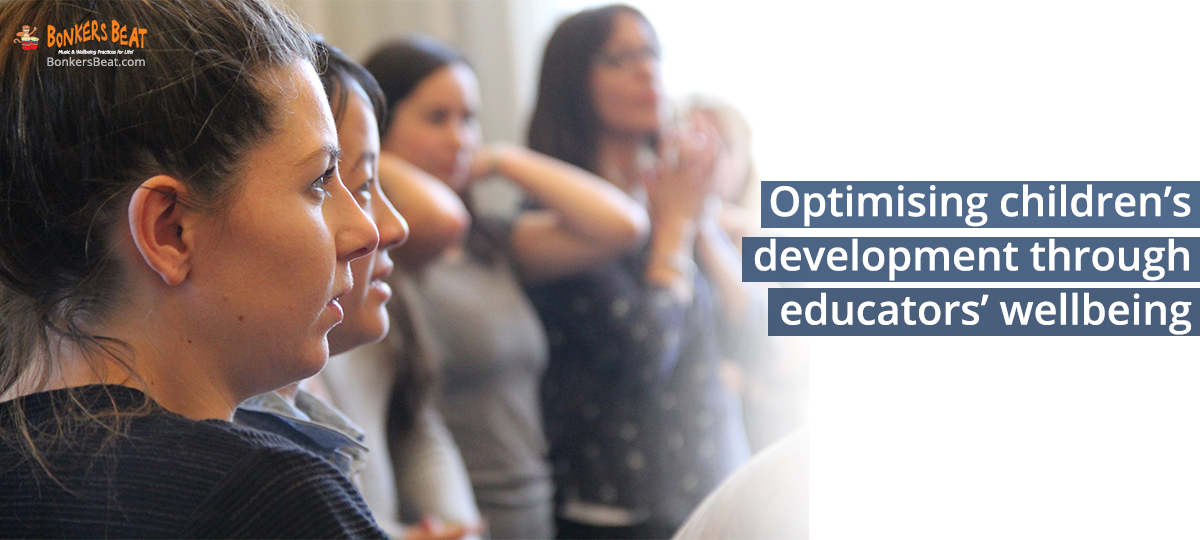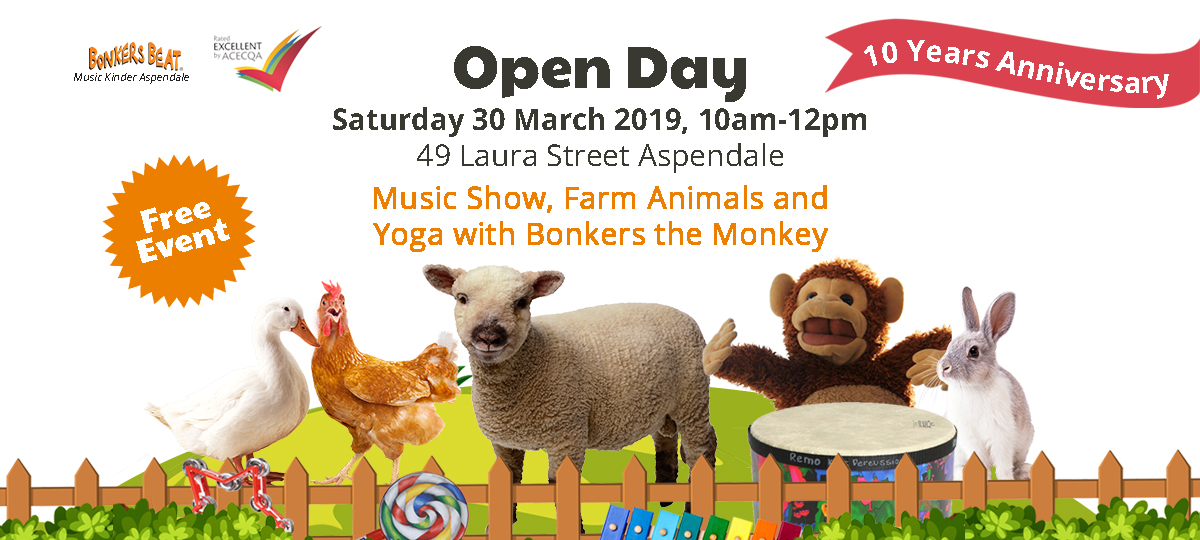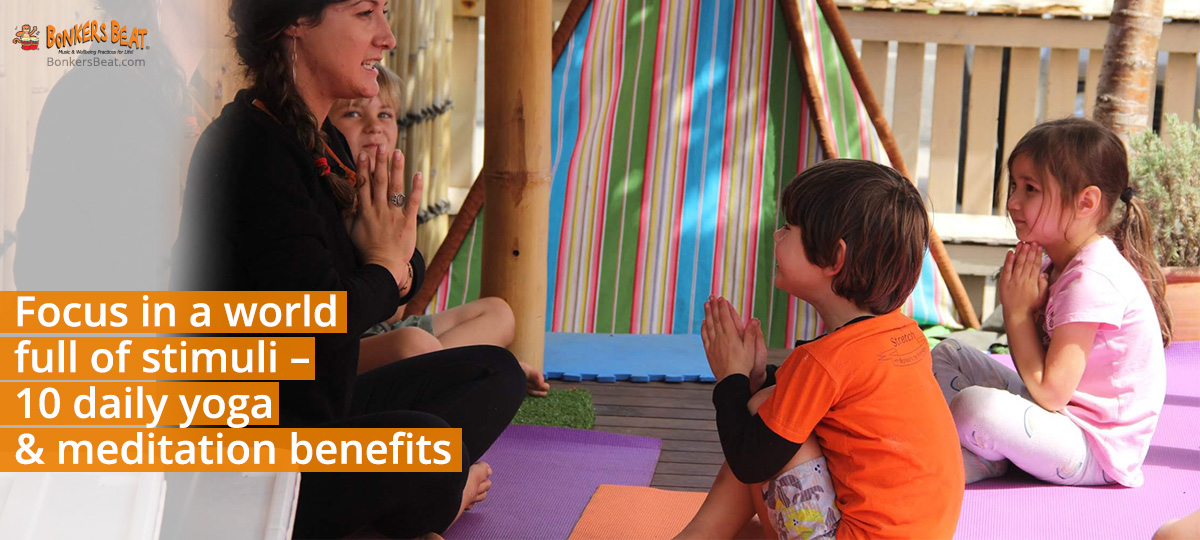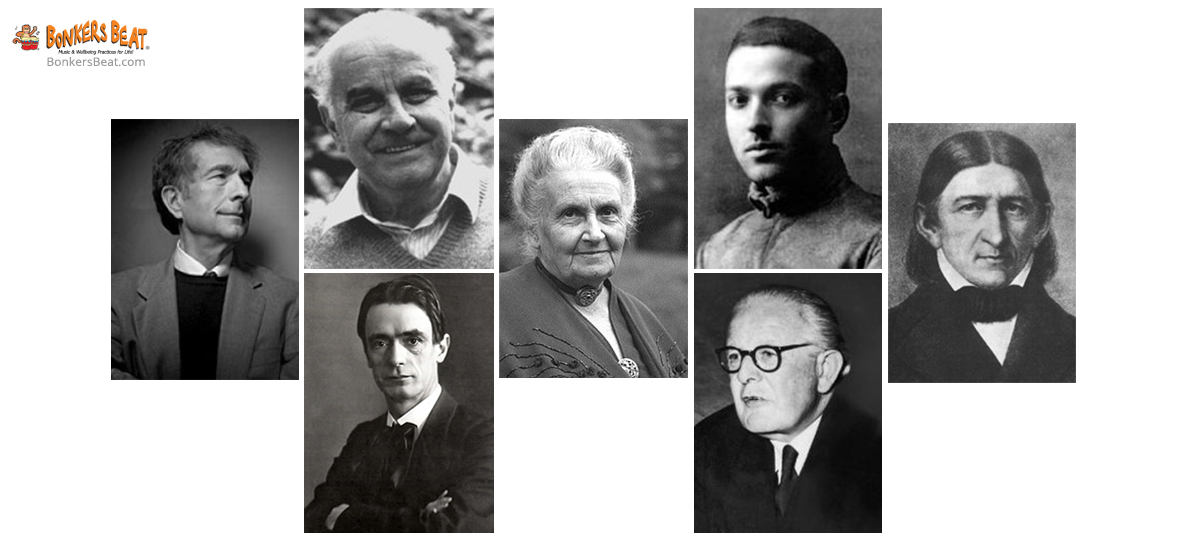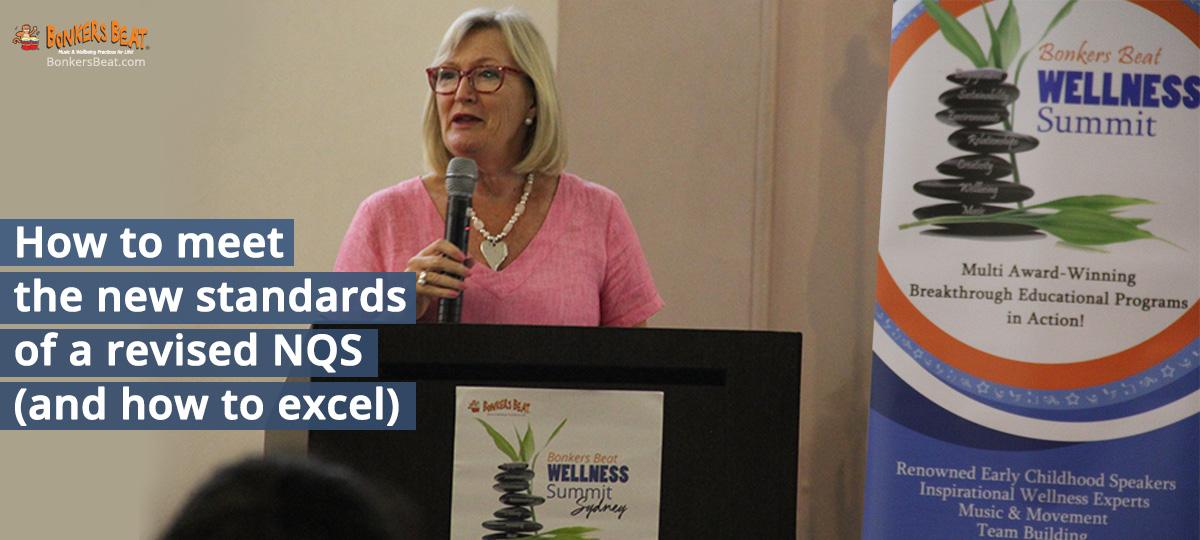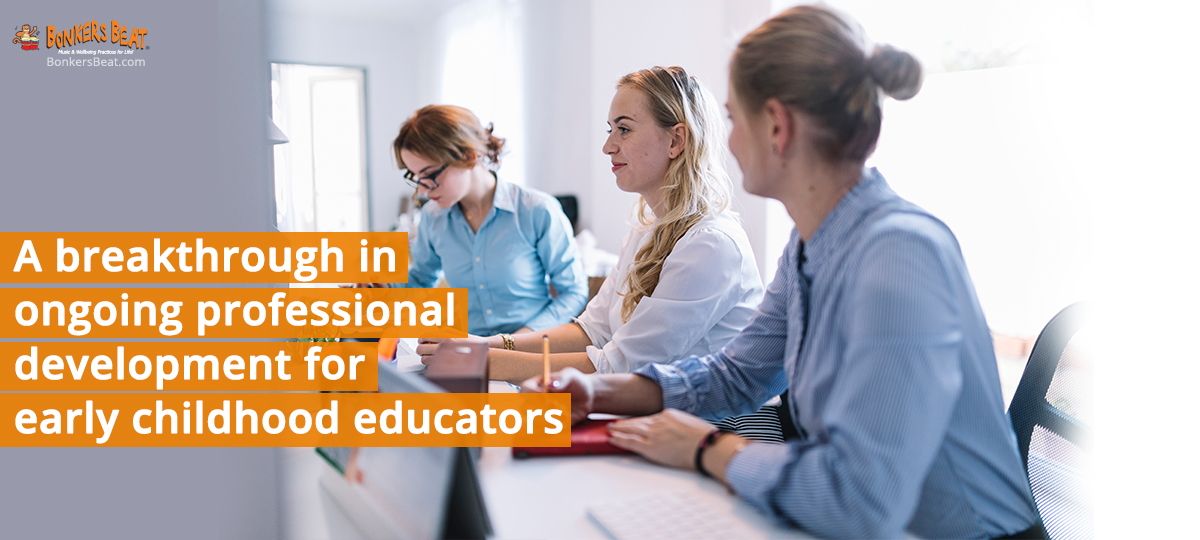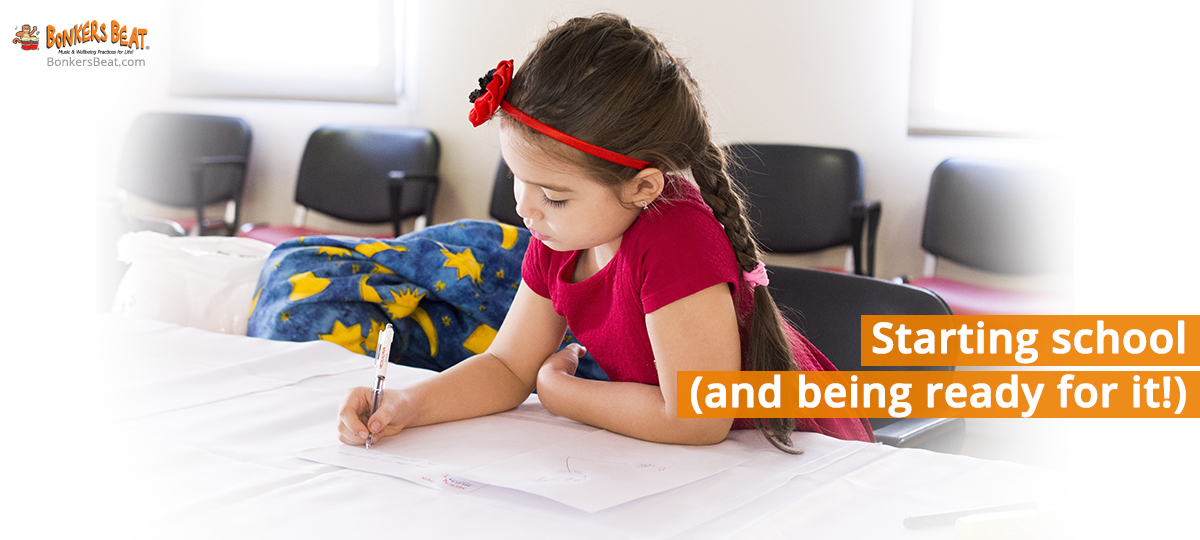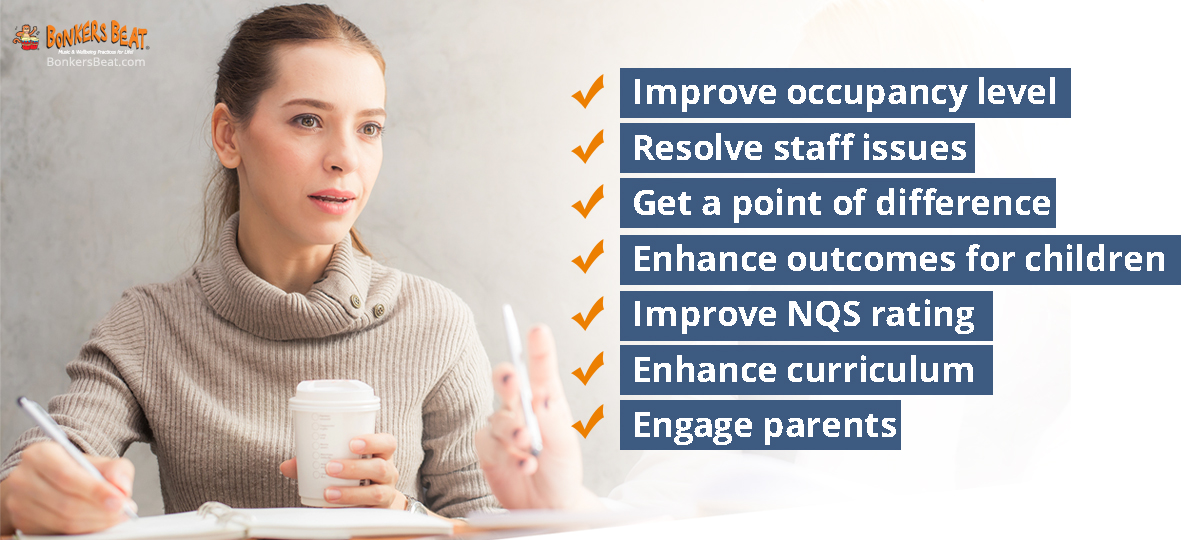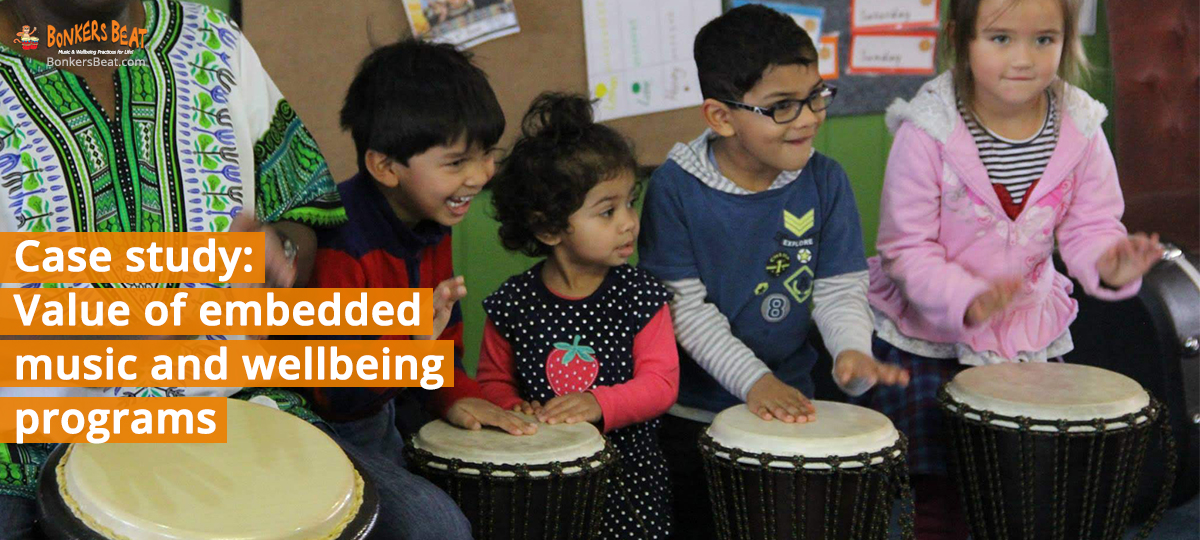When you’re shaping your approach and the philosophy of your service, there are many areas to gain inspirations. From the practical, real-life experiences of Maria Montessori, to the hierarchy of needs theory of Abraham Maslow, you can research and explore so many early childhood theorists which might influence your centres philosophy.
Of course you want your service to provide the very best start in life for children, and there are many approaches you can use to foster incredible outcomes for children. At the same time, you can utilise the concepts from inspiring historical theorists to help you meet the requirements of the Early Years Learning Framework and achieve the highest possible National Quality Standard Rating.
The meaning of pedagogy for your centre
Your centre’s pedagogy is central to your service. ACECQA sums it up perfectly:
“The term pedagogy refers to the holistic nature of early childhood educators’ professional practice (especially those aspects that involve building and nurturing relationships), curriculum decision-making, teaching and learning. When educators establish respectful and caring relationships with children and families, they are able to work together to construct curriculum and learning experiences relevant to children in their local context. These experiences gradually expand children’s knowledge and understanding of the world.”
-ACECQA, Early Years Learning Framework for Australia
The Bonkers Beat philosophy is inspired by Maria Montessori, Reggio Emilia and Howard Gardner theory. Let’s look a little closer at each of these.
Maria Montessori Philosophy
Dr Maria Montessori was an inspirational educator who developed a unique and progressive method of educating children.
Broadly, the Montessori approach considers education as an ‘aid to life’, and has a lengthy track record of success – more so than any other educational approach. The Montessori goal is to inspire children to have a lifelong love of learning that follows their natural learning direction. It enables children to become confident, independent and responsible learners.
The focus is on self-realisation through independent activity, making use of their scientific powers of observation and reflection and the focus on the educator as the keeper of the environment.
Reggio Emilia Approach
The Reggio Emilia Approach was first developed in Italy in a very small city called Reggio Emilia.
This is an approach that values the child and views them as capable and curious – able to discover the world on their own as driven by their own interests. Playing, asking questions, investigating and exploring the world – these are at the heart of the Reggio Emilia approach. The adults are viewed as mentors and learning experiences which arise from a child’s natural curiosity are described as child-led.
Howard Gardner Theory
Howard Gardner’s Multiple Intelligences Theory is based on the belief that there are eight ways people perceive the world.
The predominant message to take from the Multiple Intelligences Theory is that we must deliver a range of different types of learning experiences to ensure that all children are learning no matter which learning style is taking place.
Linking early childhood educational theory to the EYLF
One of the most important things to note about the Bonkers Beat inspirations outlined above is that you don’t have to subscribe to a theorists’ entire way of thinking. You can take inspiration from elements of an approach without adapting to the theorists’ pedagogy as a whole.
This link is a great resource to show how you can link theorists to different EYLF outcomes: https://www.butler-creative-childcare-resources.com.au/blogs/blog/linking-theorist-to-the-eylf-outcomes
Early Childhood Australia also has a document that covers how the great ECE theorists’ approaches work in practice. You can find it here:
http://www.earlychildhoodaustralia.org.au/shop/wp-content/uploads/2015/06/SUND606_sample.pdf
Essentially, begin by considering the areas you need to enhance in your centre, and what is vital to your children’s outcomes and develop your pedagogy to fit this, along with working within the framework.
If you’d like to learn more about the Bonkers Beat approach as you explore pedagogies, visit www.earlychildhoodeducationalprograms.com.au/. You can even access a free trial to get a taste of the Bonkers Beat Music program HERE.
